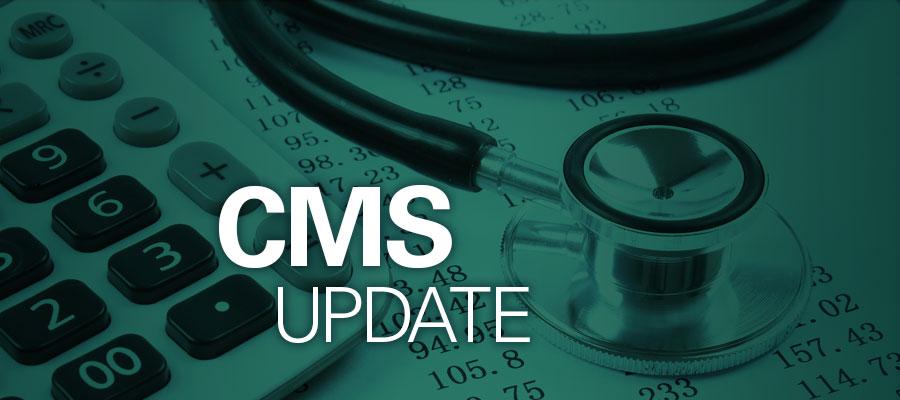CMS releases proposed rule on anomalous DME spending and MSSP financial calculations

The Centers for Medicare & Medicaid Services June 28 released a proposed rule on mitigating the impact of significant, anomalous and highly suspect (SAHS) billing activity on the Medicare Shared Savings Program financial calculations in calendar year 2023. The AHA and others had urged CMS to not hold accountable care organizations responsible for such anomalous Medicare spending beyond their control, and to remove catheter expenditures from ACO financial calculations.
In the proposed rule, CMS acknowledges that the investigation is ongoing; however, the observed billing volume in CY 2023 for two types of intermittent urinary catheter codes represents SAHS billing activity. As such, CMS proposes to exclude payment amounts for these codes submitted by any supplier from expenditure and revenue calculations for CY 2023. This would include when CY 2023 is the performance year, or when it is used for establishing benchmarks for 2024, 2025 and 2026. Additionally, CY 2023 amounts would be excluded from factors used in the application cycle for ACOs applying to enter a new agreement period beginning on Jan. 1, 2025.
To minimize disruptions to ACO timelines for reporting, reconciliation and applications, CMS chose a 30-day comment period and will work to reduce delays and communicate changes in timelines. Comments are due to CMS by July 29.
CMS indicated that this will be part of a broader strategy to address anomalous spending with additional provisions to be outlined in the pending proposed CY 2025 Physician Fee Schedule.
“The AHA applauds CMS for recognizing the significant impact that anomalous catheter spending would have on ACO participants, and for taking action to carve out these expenditures from ACO financial calculations,” said Jennifer Holloman, AHA senior associate director of policy. “While this is a significant step to mitigate the impact of anomalous spending for CY 2023, the 2023 catheter spending is not the first, and unfortunately likely not the last, instance of ACOs reporting suspected fraudulent billing. We hope that the upcoming CY 2025 Physician Fee Schedule will provide additional details to support longer term strategies to address anomalous spending. For example, we have recommended the establishment of an outlier policy to detect variation in anomalous spending and remove services from future calculations. We look forward to working with CMS on developing a longer-term strategy to detect and address anomalous billing.”

